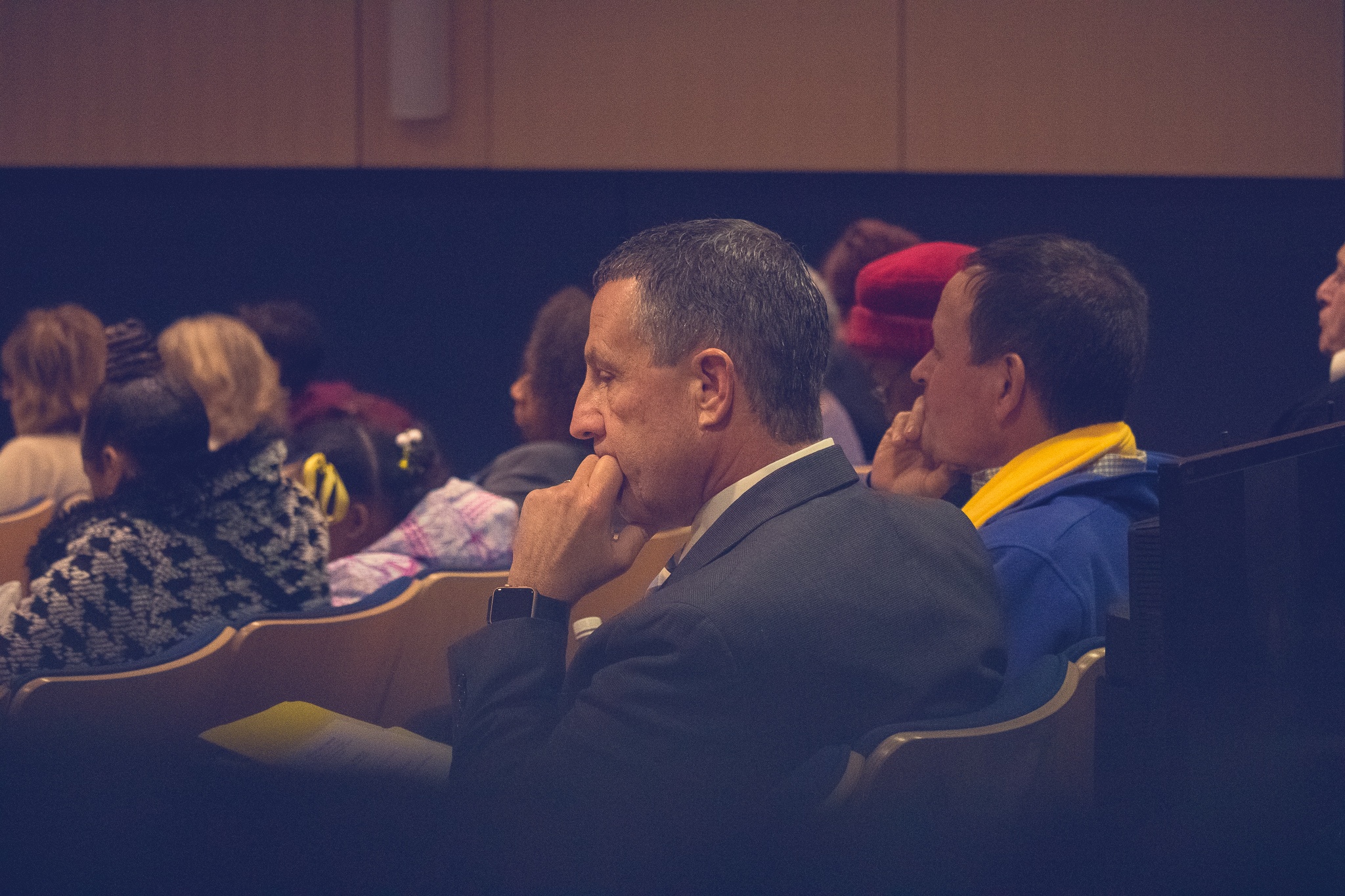
“The 2017 results of the National Assessment of Educational Progress (NAEP), often called the nation’s report card, show little change in Michigan’s dismal performance in fourth and eighth grade reading and math. Not to mention, our overall 2017 scale score was actually lower than our 2011 score, and only 32% of our fourth graders were deemed ‘proficient’ in reading in 2017. Michigan also ranked last in the Midwest in every single category.”
That was how Wayne State University Professor in Education, Michael Addonizio, began his oral presentation at a Detroit hearing by the Michigan Civil Rights Commission, which is investigating issues of discrimination in K-12 public education. I felt the gravity of those words set in as I sat between Dr. Addonizio and Dr. Nikolai Vitti, Superintendent for Detroit Public Schools Community District. Making up a three person panel, we were each representing key stakeholders in Michigan’s public education system; I of course was there on behalf of the 150,000 charter school students across the state.
And while we each gave a different perspective, different stories and different numbers on the state of education in Michigan, what resonated with me that night were not those differences, but instead the points that brought us together.
“We’re not adequately supporting K-12 education,” said Dr. Vitti, “and if we’re not adequately supporting K-12 education, it is more profoundly and negatively impacting those students who have the greatest need, specifically defined by socioeconomic status, English language proficiency and special needs - and that’s agnostic to traditional public and charter schools.”
It’s no secret that things like poverty, trauma and special needs are significant obstacles in the path of a student’s ability to get an excellent education - and they impact the resources a school must have to help those students be successful. As pointed out in Dr. Addonizio’s presentation, studies show that increased resources, when applied effectively to support students affected by these factors leads to increased test performance.
As parents, educators and advocates, one of our priorities MUST include that our state education funding model supports narrowing and closing the equity gap, differentiating funding in a meaningful way, based on individual student needs like poverty, special needs and accelerated learning. We must support these students, who are so often found in urban areas like Detroit and Flint, or rural areas throughout the state - both in traditional public and charter public schools.
As the Civil Rights Commission continues their investigation, one of the things they’ll be evaluating is the role that charter public schools have played in issues of discrimination in K-12 education. Do charters “harm” minority and disadvantaged students? Are charters one of the reasons for a decline in public education here in Michigan? My answer is simple: absolutely not. Charter public schools were born out of the idea that those disadvantaged students deserve amazing and quality education options - even if they can’t afford to move to communities with high performing schools or attend a school far beyond their neighborhood.
Michigan parents want quality choices when determining which school their child attends, whether it's a charter public, private or traditional public option. To do this, parents need accurate and uniform information on school performance. Most importantly, when they make that choice, they want to know that students are funded on an equitable basis.
And while I’m proud to stand up for charters at these hearings, and tell as many powerful charter stories as I can, my voice is only one, and it’s not the one that will change minds. The commission members need to hear from YOU. They need to hear that your charter school is important, and valued, and meeting the needs of your family.
Michigan students won’t be students forever. They will grow up to become contributing members of our economy and communities - and they are counting on us to prepare them for that future, starting with a quality education. That means supporting all our students; those who deal with poverty, those experiencing trauma in their everyday life. It means giving English Language Learners the tools they need to prosper. It means holding every single public education body accountable on one uniform scale. We can do this, but we have to speak up now.
These Providers on Education Reform
Michigan's Charter School Association
123 W Allegan, Ste 750
Lansing, MI 48933
Ph: (517) 374-9167
No Comments Yet
Let us know what you think